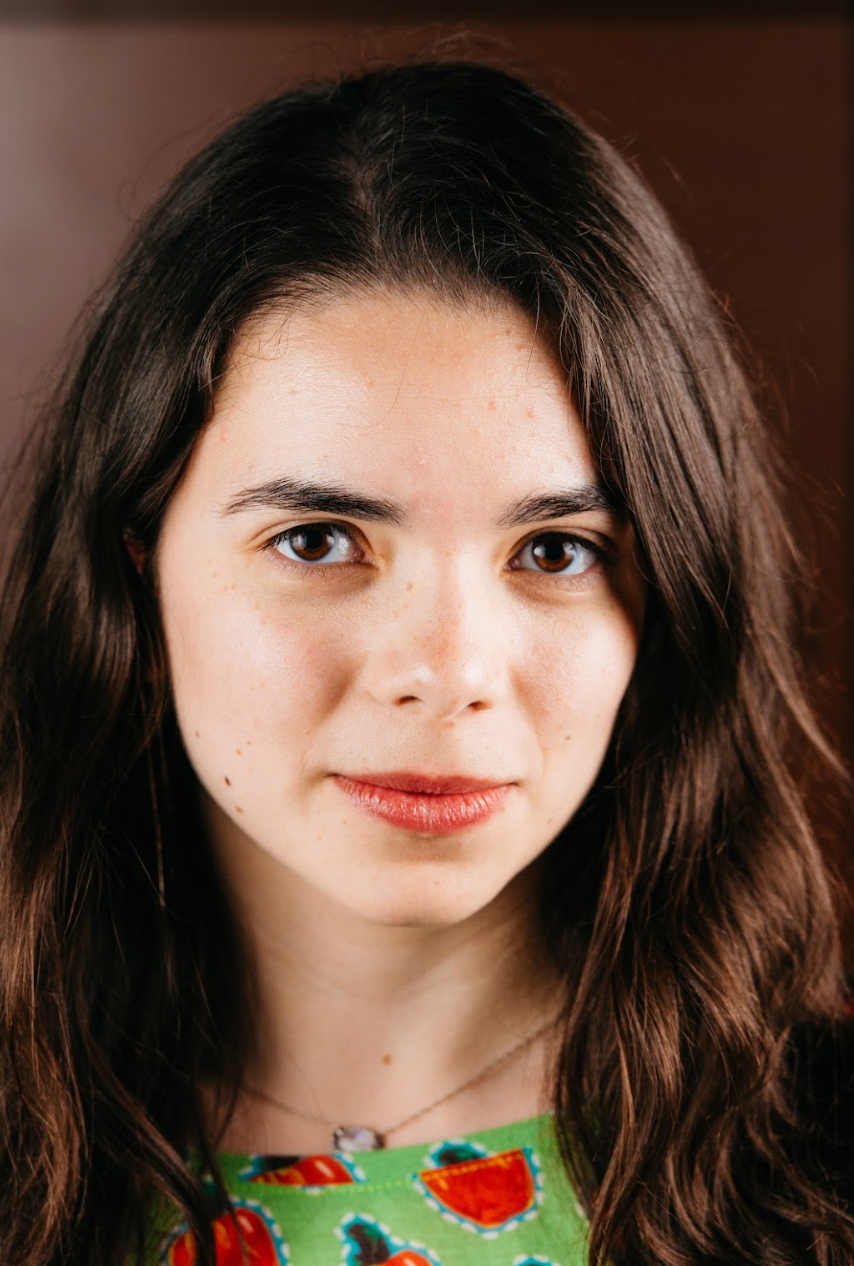No Boxes
- Jan 28, 2024
- 2 min read
J Conrado, MS2
My existence is a resistance
The size of my body offends you
But I refuse to diminish
My value is not linked to my willingness to reduce
Survival is in my softness
There is a universe within me
My mestizo features
My skin’s ambiguous shade
Curious
You ask, “What are you?”
I am a product
Of violence
The stories of my ancestors in the helixes of my curls
And of my DNA
You like my eyes
You like them because ojos claros betray
Colonizers’ blood in my veins
But there is war in the color
if you look closely enough
You call me a woman
I reject that claim
Woman, man
I am neither, I am both
The binary is not my place
I am everything and nothing
I am space
I am an outcome
Measured by how much I can achieve
In a world that cannot hold me
Still, I try to hold it
With tenderness and love
While I heal
And learn to love me
My existence is a resistance
About the Author: I was born in Maryland to an American mother and a Nicaraguan immigrant father, but I grew up in Southwest Florida. I am a second-year medical student with a non-traditional background--I was a nurse for 9 years before attending medical school. As a future physician, I hope to mitigate some of the problematic aspects of the healthcare system by practicing with cultural humility, using my voice for advocacy, and generating discussions that question peoples' perceptions. In my personal day-to-day life, I am a curious, passionate person who enjoys being in awe of nature, snuggling my gatito purrfecto, getting lost in fantasy books, dancing, eating, and ADHD-hobby-hopping.
About the Work: I am a neurodivergent, bicultural, queer medical student who is often fighting labels assigned to me as well as my own internalized biases—pushing for change in medicine, in myself, and beyond. I view my presence in medical education spaces as a form of resistance because the system was not made for someone like me. This is a very personal piece that I created in response to my journey toward body neutrality in a sizeist world; embracing my ancestry and my Latinidad despite being made to feel not "white enough" but not "Latine* enough" either; coming to terms with my gender identity; and accepting my ADHD neurodivergence despite living in an ableist society. It is a comment on undoing intergenerational trauma and how my path to self-acceptance sometimes challenges others' perceptions and expectations of me.




Comments